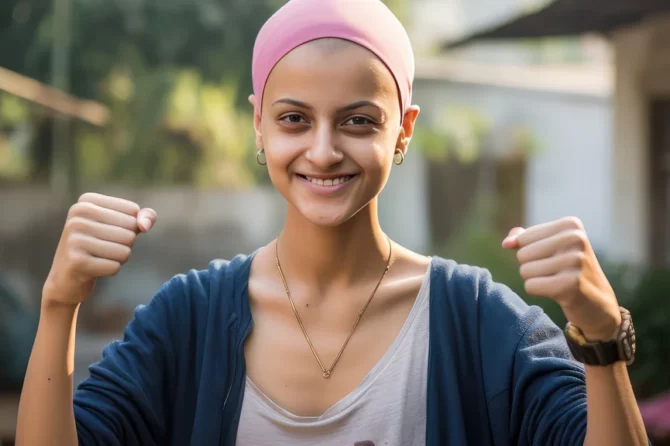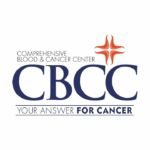
Expert Insights on Staying Healthy After Cancer Treatment
How to Stay Healthy After Cancer Treatment
Navigating life after cancer treatment involves comprehensive care and a supportive health regimen. With advancements in cancer treatment therapy, patients can now look forward to a proactive recovery and a healthier future.
‘The recommendations for cancer survivors are no different from those for anyone who wants improved health: Exercise, eat a balanced diet, maintain a healthy weight, get good sleep, reduce stress, avoid tobacco and limit the amount of alcohol you drink.’ – mayoclinic.org
Visit The Doctor Regularly
Regular follow-ups with oncologists are crucial. These visits allow for monitoring recovery progress and managing any side effects from the cancer treatment therapy. It is essential to attend all appointments and discuss any concerns with your healthcare provider.
Eat Healthy
Following a nutritious diet after cancer surgery is vital to recovery. Foods rich in vitamins, minerals, and antioxidants help rebuild the body. After cancer surgery diet should be avoided. Incorporate a diet that supports your immune system and overall health, as advised by nutrition experts at your cancer treatment centre.
Stay Active
Physical activity is the foundation of post-cancer recovery. Gentle exercises, as recommended by healthcare providers, can help regain strength, reduce fatigue, and improve mental health.
Connect With Family And Friends
Support from loved ones is invaluable in post-cancer care. Engaging with family and friends can provide emotional support and motivation throughout the recovery process.
Avoid Tobacco And Alcohol
To maximise healing, it is advisable to avoid tobacco and alcohol, especially when undergoing cancer treatment therapy. These substances can interfere with the effectiveness of treatment and the body’s ability to recover.
Find Activities That You Enjoy
Participating in hobbies and activities that bring joy can significantly improve mental health. Whether it is reading, gardening, or other relaxing activities, find something that brings you happiness and peace during recovery.
CBCC India: Pioneering Comprehensive Cancer Care
At CBCC India, we are renowned for our commitment to providing exemplary cancer care through a holistic approach that addresses not just the illness but the overall well-being of our patients. Our facilities are equipped with modern technologies, enabling us to offer advanced cancer treatment therapies with precision and compassion. This undoubtedly makes us the best cancer hospital in India. We prioritise patient-centred care, ensuring that each individual’s journey is supported by medical treatments and a nurturing environment that fosters both physical and emotional healing. Trust in CBCC India to be your partner in the fight against cancer, where we go beyond treatment to ensure care and recovery are tailored to your unique needs.
FAQs
-
1. What is the 7-day rule in chemotherapy?
The 7-day rule refers to a recovery period typically advised after a chemotherapy session, during which patients need to monitor for any severe side effects and manage their recovery through rest and medication.
-
2. What is the most serious side effect of chemotherapy?
While side effects can vary, one of the most serious is neutropenia, a drop in white blood cells, which increases infection risk.
-
3. What is the biggest side effect of chemo?
The most noticeable and widespread side effect is often fatigue, affecting a majority of patients at some point during their treatment.
-
4. What is the rest period for chemotherapy?
Rest periods between chemotherapy cycles can vary but typically range from a few weeks to allow the body to recover and prepare for the next round.
-
5. How long after chemo do you lose your hair?
Hair loss usually begins two to four weeks after starting chemotherapy and can continue throughout treatment and into the recovery period.


